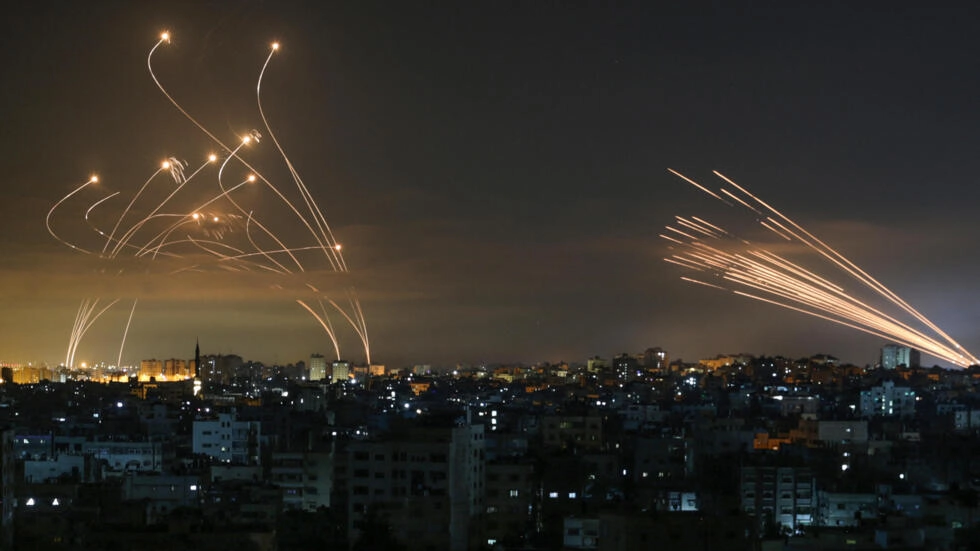
The unacceptable new normal
The years 2022 into 2024 has shown the importance of having sophisticated anti-air defence systems in the application of international policy. Attacks in Ukraine and in the Middle East, as well as possible future ballistic missile threats against South Korea, Japan, and Taiwan would often require a direct and immediate response to an attack. With more advanced AI, radar systems, and interceptor missiles, the ability to sustain an attack and measure out a proper response is something that was only imaginable over the last few years. With systems like Iron Dome, Arrow, THAAD, Patriot PAC-2 and 3, as well as the S-400 systems, and TOR, the tamping down of an escalatory situation is now possible with the reduction of lives lost during an attack. While this advancement of missile technology is a gift in preventing the escalation of war, it must be applied with a mix of different policy and defence measures to have a long term and lasting effect.
With missile protection, there is more room for adaptive policies, but no population should accept living under a constant barrage of missiles. An economy and society would not be able to tolerate constant threats of war and eventual losses of their citizens when the defense system is overwhelmed or outdated. Deterrence through political dialogue and strong offensive measures to match the defensive shield is essential in having a robust missile defense policy. The best way to avoid being hit by a missile, is to either not be in the location of the missile strike, or to eliminate the source of the problem. As most countries are unable to simply move, there must always be a real and direct ability to counter any artillery assaults on military and civilian populations. Often a missile assault is related to a past build up of tensions, and the best defense is not simply the best offense, but one that can target opposing missile forces at the time of preparation and launch. For this reason, generations of ballistic missile systems from the Soviet FROG systems, towards the infamous SCUDs, as well as Scarab, Oka and modern Iskander systems focused on shorter and shorter launch times. The inability to stop a ballistic missile or cruise missile means you have no deterrence measures to hold back a possible attack. Words must be combined with actions in the application of international relations, as has always been the case.
Diplomacy is still the Alpha and Omega of preventing conflict. In the modern era of ballistic missile systems that can range from hypersonic systems, to chemical, biological and nuclear, even an intercepted missile could still rain down chemical weapons on a population. Often nuclear missiles are detonated over a target, and an intercepted nuclear missile could still destroy a population centre if intercepted and detonated in the skies over a city. When diplomacy in the prevention of a ballistic missile attack is not respected or wholly ignored, it will only lead to more of the same in an increasingly harmful threat level and deaths of innocent populations. If a country is threatened with such an attack, they have the obligation to respond in protection of its citizenry. If a country does not possess such capabilities, they should acquire those systems or allies with those systems and counter threats with immediate and direct actions. While bunkers and missile defense may prevent mass casualty events, preventing aggressive actions against a population against actors from abroad is part of the Social Contract every citizen has with their Government. Any country that has existed and survived past three generations has always taken such steps to ensure their own future. Ones that do not react in such a manner are often already on the path to their own disintegration. Surviving is not by chance, and the survivors always prevail for good reason.